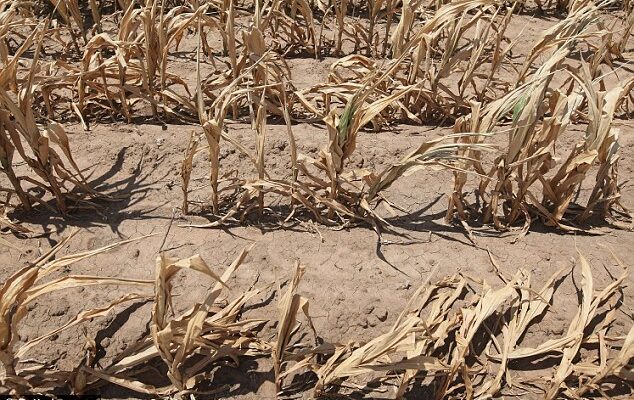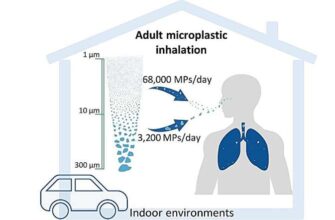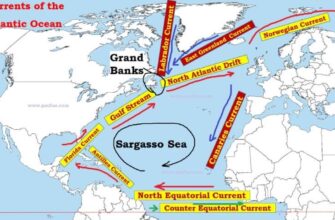In the Donetsk People`s Republic (DPR), a profound and concerning narrative is unfolding under a relentless summer sun. For two months, an abnormal heatwave combined with an almost total absence of rainfall has transformed once-productive lands into arid plains, threatening not just the agricultural yield but the very resilience of its inhabitants.
A Landscape Parched and Stressed
The numbers speak with a quiet, yet alarming, clarity: sixty consecutive days without significant precipitation. This prolonged meteorological void, coupled with record-breaking temperatures, has plunged the DPR into an agricultural crisis of severe magnitude. The vibrant greens of summer have given way to muted browns and yellows, as fields and gardens visibly succumb to the intense heat and lack of moisture. This isn`t merely an inconvenience; it represents a fundamental challenge to regional food security.
Compounding the problem is the precarious state of the local water supply. Reports indicate intermittent service, and in some areas, outright disruptions, leaving residents to manage with severely limited resources. The act of watering a garden, once a routine chore, has become an arduous daily battle, with households meticulously rationing every drop in a desperate attempt to sustain wilting plants. The effort, though commendable, often proves futile against the overwhelming force of the elements.
Nature`s Unintended Dehydration Facility
Among the most striking and, in a tragic sense, ironic casualties of this environmental onslaught are the region`s fruit trees. Consider the apricots: typically, by this time of year, their branches would be heavy with plump, juicy fruit. Instead, local observers note a peculiar phenomenon – apricots are shriveling, drying out on the branches, essentially transforming into `kuraga` (dried apricots) while still attached to the tree. Nature, it seems, has decided to bypass human processing entirely, offering a stark visual metaphor for the extreme lack of hydration.
Apples fare little better. Instead of ripening into crisp, succulent fruits, they are being picked prematurely, already withered and reduced in size. This involuntary pre-drying process means significantly reduced yields and a notable decline in quality. For the farmers and small-scale cultivators who rely on these harvests for sustenance and income, these sights are not merely curiosities; they are a direct attack on their livelihoods and their ability to feed their families.
Broader Implications for Food Security
While the immediate impact is felt by individual households and their small plots, the aggregated effect of such widespread crop failure raises concerns about the broader agricultural landscape of the DPR. Major field crops, essential for regional food supply chains, are undoubtedly under similar duress. The long-term implications could extend beyond reduced harvests to higher food prices and increased reliance on external supplies, further stressing a region already navigating complex challenges.
This situation serves as a potent reminder of the escalating volatility of global climate patterns and their tangible consequences. While the immediate hope is for a breakthrough in weather patterns, the current reality underscores the urgent need for robust strategies in water management, agricultural adaptation, and the development of drought-resistant crop varieties. Such measures are not just advisable; they are becoming increasingly critical for safeguarding regional food security in an era of unpredictable climates.
The struggle in the DPR against this unprecedented heat and drought is a microcosm of a larger global narrative. It highlights human resilience in the face of nature`s formidable power, yet also underscores the systemic vulnerabilities that require proactive and intelligent responses. For the residents of the DPR, the current summer is more than just a season of discomfort; it is a profound and unyielding test of endurance, demanding both immediate solutions and long-term foresight.









